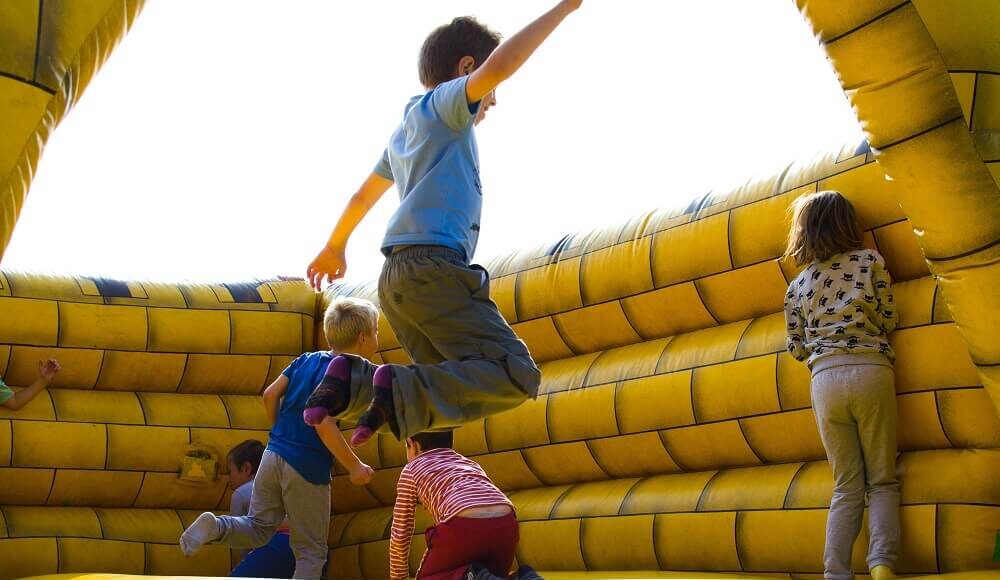In recent years, there has been an increased focus on the importance of toys in child development. Toys play a crucial role in the cognitive, physical, social, and emotional development of children. They help children learn new skills, explore their imaginations, and build self-confidence. In a rapidly changing world, it is more important than ever for children to have access to quality toys that will help them thrive.
Why are toys important?
When it comes to child development, toys are often thought of as being unimportant. However, the truth is that toys can actually play a big role in a child’s development.
One of the ways that toys can impact child development is by helping children to learn about their world. Through playing with toys, children can explore different concepts and start to understand how things work. In addition, toys can also help children to develop important skills such as problem-solving and fine motor skills.
Another way that toys can influence child development is by providing kids with a way to express themselves. For example, a child who is feeling frustrated or angry may express these emotions through play. This can be beneficial as it allows the child to release these feelings in a safe and controlled environment.
Overall, it is clear that toys can have a significant impact on child development.
Role of toys in cognitive development
When it comes to cognitive development, children learn best through play. Toys are essential for helping kids explore the world around them and make sense of their place in it. By providing opportunities for hands-on learning, toys can help children develop important problem-solving and critical thinking skills.
Toys also promote creativity and imagination. As kids experiment with different ways to use them, they learn to think outside the box and come up with new ideas. This is an important foundation for later success in school and in life.
While all toys can be beneficial, some are specifically designed to support cognitive development. Look for toys that encourage exploration, offer multiple ways to play, and invite open-ended thinking. These types of toys will help your child learn, grow, and thrive.
Role of toys in social development
In recent years, there has been an increased focus on the role of toys in social development. Toys can play an important role in helping children to develop social skills. For example, playing with dolls can help children to develop empathy and understand different emotions. Playing games such as pretend restaurants and shops can also help children to learn about cooperation and sharing.
Toys can also be used to teach children about rules and boundaries. For example, shooter games or many board games involve taking turns and following rules. By playing these types of games with their parents or caregivers, children can learn how to follow the rules and respect the boundaries of others.
Finally, toys can also help children to develop a sense of identity. Through play, children can explore different aspects of their identity, such as gender, race, and culture.
The role of toys in emotional development
Children are born with a natural desire to explore and learn about the world around them. One of the best ways they do this is through play at any place, indoor or outdoor. Playtime is crucial for children because it helps them develop physically, cognitively, and emotionally.
Physical development includes gross motor skills like crawling, walking, and jumping. Fine motor skills are also developed through play as children learn to grip and manipulate small toys.
Cognitive development refers to how children think, remember, and solve problems.
Final Words
Toys are an important part of child development. They help children learn about the world around them and develop important skills. Choose appropriate toys for your child’s age and stage of development to help them get the most out of playtime.
Apart from this, if you are interested to know more about How To Choose The Right Dress Size For Your Child? then visit our LIFESTYLE category.













